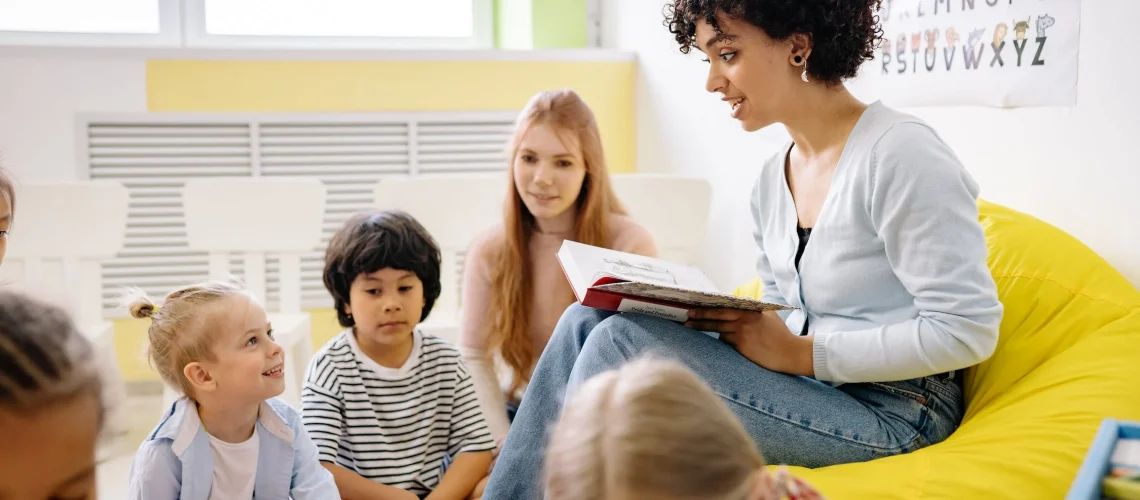Since the Gifted and Distractible blog literally posts on National Teachers’ Day this year, I’d like to address the importance of, and how to communicate effectively between teachers and parents of 2e kids.
Emotions tend to run high in 2e people and we know twice exceptionality is genetic, so we can assume that one or both parents might feel emotional when advocating on behalf of their 2e child. (Clients who adopt their 2e children are emotional too – when your kid is misunderstood, it’s hard NOT to be emotional!) Teachers come to their profession wanting to share their love for learning and to encourage passionate students. It’s emotional for them too when they simply cannot reach a learner. Unless and until there is good reason not to, it is imperative for parents and teachers to give each other the benefit of the doubt – and to use empathy when communicating with one another.
Communication is Hard
What’s hard about communication between parents and teachers? It’s the same thing that plagues communication between any humans – an inability to step away from assumptions, difficulty giving up control, and emotions hijacking your rational brain.
Assumptions
In the case of a 2e child – misinformed assumptions are often the rule rather than the exception. Asynchronous development – the ability to do certain things at a high level of performance while other tasks or abilities severely lag – drives many inappropriate and incorrect assumptions made about 2e people. When a child is several grades ahead in math but writes in words or fragments, for example, it seems he isn’t using his best effort to accomplish his language arts homework. A child who discusses complex scientific theories but who can’t stand still in line or refuses to show her work, might be labeled lazy or impulsive. These incorrect (seemingly logical) assumptions lead to ineffectual communication between teachers and parents.
Control
After having children, parents spend a lot of time trying to gain control. When a child is in the infant stage and unable to communicate, parents try to figure out the child’s needs. But as the child grows, and parents still find themselves unable to control their child – they struggle and start to parent from a place of fear. Adolescence seems to come with its own language of grunts and slammed doors. At the same time and through all of these stages, teachers must maintain control in their classrooms. When students disrupt their lesson plan – it’s hard to find an immediate way to meet everyone’s needs.
Emotions
When we are emotional, locked inside our amygdala, it’s as if a roadblock goes up between the amygdala (primitive emotional brain) and the prefrontal cortex – (the executive or thinking brain). Trying to have a conversation, or problem solve while someone who is in their emotional brain – is like trying to put out a fire with a squirt gun. It’s almost impossible to remain calm when a parent feels their child is being mistreated, or when teachers feel a parent is their adversary.
So…what are parents and teachers to do?
The first thing to do when you feel emotional about a topic you need to discuss with a parent or teacher, is to remind yourself that the other person likely has the child’s best interest at heart. In some unfortunate cases, this is not the truth. The teacher has made firm negative conclusions about a child and his parents or in other ill-fated situations, a parent blames everyone and everything for their child’s struggles. But by and large, these are not the circumstances. The first thing then, for parents and teachers to do, is to give each other the benefit of the doubt. Start from the premise that everyone has the child’s best interest at heart.
It’s important for parents to recognize that very few teachers are trained in gifted education, let alone 2e. Teachers need to know that parents of 2e kids have been burned before and that their child is likely acting out and in crisis at home. From this place of mutual empathy, you can now talk about what is going on and the best path forward. Acknowledge for one another the struggle they’re experiencing.
Parents and teachers may have no clue as to the best approach to teach lagging skills to a 2e learner. Parents and teachers are likely frustrated and feel ill equipped to find ways to address a 2e child’s challenging behavior. Likely parents and teachers are scratching their heads over the 2e child’s incredible abilities and shocking disabilities. Blaming each other or making negative assumptions about the child will neither teach lagging skills nor create a collaborative atmosphere.
Parenting and educating a 2e child are life-long endeavors. Both the parenting and the teaching team require members who are willing to roll up their sleeves and try new strategies and approaches. It’s hard enough to get the 2e child to try new things – role modeling flexibility by working together to incorporate all team members’ needs – parents, teachers, and especially the 2e child’s, is the best approach to encourage life-long learners and to teach collaborative communication skills.

Author: Julie F. Skolnick M.A., J.D.
Julie Skolnick, M.A., J.D., is the Founder of With Understanding Comes Calm, LLC, through which she passionately guides parents of gifted and distractible children, mentors 2e adults, and collaborates with and advises educators and professionals on bringing out the best and raising self-confidence in their students and clients.


